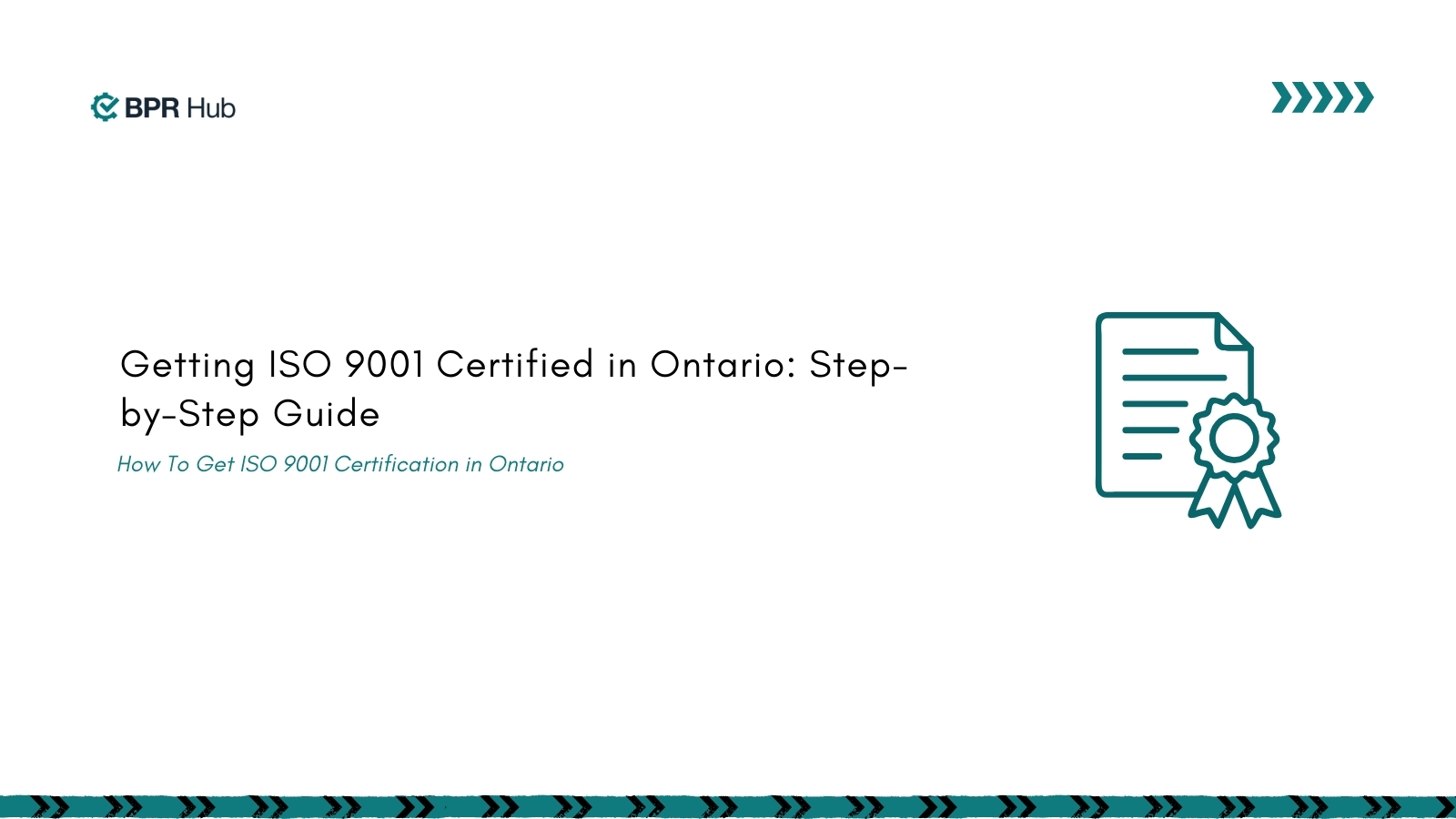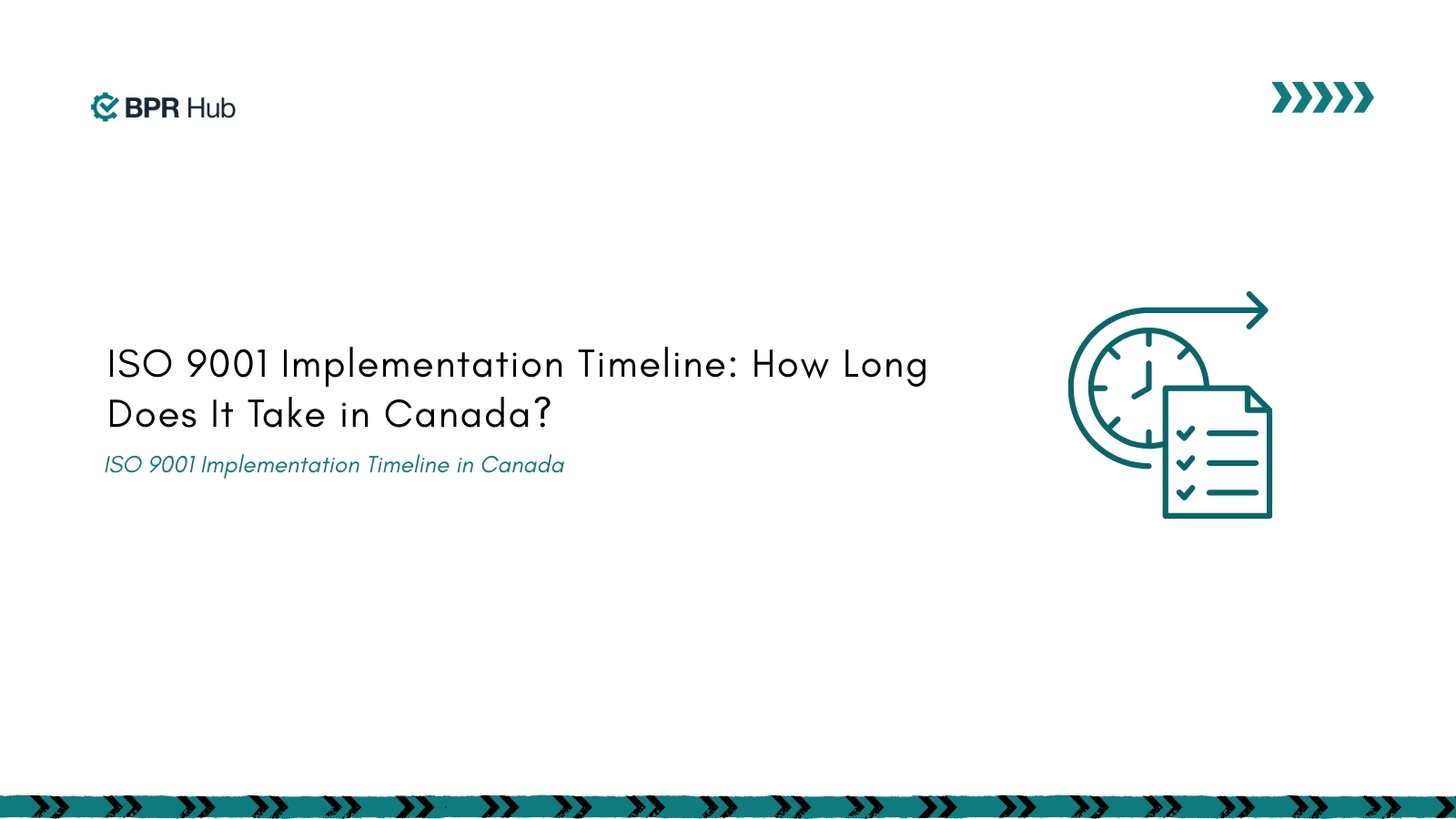Dallas businesses seeking operational excellence and competitive advantage are increasingly turning to ISO 9001 certification to establish robust quality management systems. Companies with proper quality management systems demonstrate improved operational performance and enhanced customer satisfaction. For companies in Dallas's thriving manufacturing, healthcare, and technology sectors, obtaining ISO certification in Dallas represents a strategic investment in long-term business success.
The journey toward ISO 9001 certification can seem complex, but with proper guidance and a structured approach, Dallas businesses can navigate this process efficiently. This comprehensive guide provides operations managers, quality assurance professionals, and compliance officers with the essential roadmap to achieve certification while maintaining operational continuity. Understanding the benefits of quality management systems is crucial for successful implementation.
What is ISO 9001 Certification and Why It Matters
Understanding ISO and Quality Management Systems
ISO 9001 certification represents the international standard for quality management systems (QMS), providing a framework for consistent quality delivery and continuous improvement. The International Organization for Standardization developed this standard to help organizations ensure they meet customer and regulatory requirements while demonstrating commitment to quality excellence.
A quality management system under ISO 9001 encompasses all business processes, from initial customer contact through product delivery and ongoing support. For Dallas businesses, implementing an ISO certified QMS means establishing documented procedures, measuring performance metrics, and creating a culture of continuous improvement that drives operational excellence.
The standard emphasizes risk-based thinking, requiring organizations to identify potential issues before they impact quality or customer satisfaction. This proactive approach helps Dallas companies maintain competitive positioning while building customer trust and loyalty. The pillars of the quality management system provide the foundation for this framework.
Why Businesses in Dallas Choose ISO 9001
Dallas's diverse business landscape, spanning manufacturing, healthcare technology, aerospace, and energy sectors, creates unique opportunities for ISO 9001 certification benefits. Companies choose this certification to access global markets, meet customer requirements, and demonstrate commitment to quality excellence.
Many Dallas organizations pursue ISO certification in Dallas to comply with customer mandates, particularly in industries like automotive, aerospace, and medical devices, where quality standards are non-negotiable. Additionally, government contracts often require ISO certification, making it essential for companies serving public sector clients.
The certification also supports business growth by providing structured processes that scale effectively as organizations expand. For Dallas businesses competing in national and international markets, ISO certified status serves as a quality differentiator that opens doors to new opportunities.
Ready to improve efficiency, customer satisfaction, and credibility? Partner with BPR Hub and achieve ISO 9001 certification faster
📍 Book a Demo
📧 hello@bprhub.com
Benefits of Getting ISO Certified in Dallas
Improved Quality and Customer Satisfaction
ISO 9001 certification directly impacts product and service quality through systematic process improvement and customer focus. Organizations with ISO certification consistently demonstrate enhanced customer satisfaction through better quality control and process management.
The standard requires regular monitoring of customer feedback and satisfaction metrics, enabling Dallas businesses to identify improvement opportunities quickly. This customer-centric approach leads to better products, reduced defects, and stronger customer relationships that drive business growth.
Process standardization inherent in ISO certified systems ensures consistent quality delivery regardless of staff changes or operational variations. This consistency builds customer confidence and reduces quality-related costs that can impact profitability.
Competitive Advantage in the Dallas Market
In Dallas's competitive business environment, ISO certification in Dallas provides significant market advantages. Many customers, particularly in B2B sectors, prefer working with ISO certified suppliers due to reduced risk and demonstrated quality commitment.
The certification process improves operational efficiency through waste reduction, process optimization, and better resource utilization. These improvements often result in cost savings that can be reinvested in business growth or passed along to customers as competitive pricing.
Furthermore, ISO 9001 certification enhances credibility with financial institutions, investors, and partners who view the certification as evidence of professional management and operational maturity. This credibility can facilitate access to capital and strategic partnerships essential for business expansion.
Compliance and Global Recognition
ISO certified organizations benefit from internationally recognized quality standards that facilitate global trade and market entry. For Dallas companies seeking international expansion, ISO certification eliminates many quality-related barriers and demonstrates compliance with international best practices.
The certification also supports regulatory compliance across multiple jurisdictions, as many industry-specific regulations reference ISO 9001 requirements. This alignment reduces compliance costs and simplifies regulatory management for companies operating in multiple markets.
Additionally, ISO certification in Dallas provides a framework for meeting customer-specific quality requirements, reducing the need for multiple quality audits and certifications. This standardization saves time and resources while maintaining customer satisfaction.
How to Get ISO 9001 Certification in Dallas
Step 1: Plan and Develop a Quality Management System
The foundation of successful ISO 9001 certification begins with comprehensive planning and QMS development. Organizations must first conduct a gap analysis to identify current processes and areas requiring improvement to meet ISO requirements.
Developing a quality policy and objectives aligned with business strategy forms the cornerstone of the QMS. This policy should reflect organizational commitment to quality, customer satisfaction, and continuous improvement while providing direction for quality-related decisions.
Process mapping and documentation represent critical elements of QMS development. Organizations must identify all processes affecting product or service quality, document their interactions, and establish controls ensuring consistent performance. The ISO 9001 flowchart procedure basics provide valuable guidance for this documentation process.
Step 2: Implement Your QMS Effectively
Implementation requires the systematic deployment of documented processes across all organizational levels. Training programs ensure staff understand their roles in the QMS and can effectively execute new procedures. ISO 9001 competence training requirements outline essential training elements for successful implementation.
Establishing measurement and monitoring systems enables organizations to track QMS performance and identify improvement opportunities. These systems should capture key performance indicators related to quality objectives and customer satisfaction.
Communication plays a vital role in implementation success. Organizations must ensure all personnel understand quality policies, procedures, and their individual responsibilities within the QMS framework. Regular communication about progress and achievements maintains momentum throughout the implementation process.
Step 3: Conduct Internal Audits
Internal audits verify QMS effectiveness and identify areas for improvement before external certification audits. Organizations must develop audit programs covering all QMS processes within planned intervals, ensuring comprehensive system evaluation.
Auditor competence requirements include an understanding of ISO 9001 standards, audit techniques, and organizational processes. Many Dallas companies invest in auditor training to develop internal capabilities or engage consultants to conduct initial audits while building internal expertise.
Audit findings must be documented, investigated, and addressed through corrective actions. This process demonstrates commitment to continuous improvement and prepares organizations for external certification audits. The ISO 9001 questions and answers for audit resource provides valuable preparation guidance.
Step 4: Select a Certification Body
Choosing an accredited certification body ensures recognition and credibility of ISO certification in Dallas. According to ANAB, certification bodies must be accredited by recognized accreditation organizations to provide valid certifications.
Factors to consider when selecting certification bodies include industry expertise, audit quality, geographic coverage, and cost. Organizations should evaluate multiple options and select bodies with demonstrated experience in their specific industry sectors.
The certification body conducts a two-stage audit process. Stage 1 reviews documentation and readiness for certification, while Stage 2 provides a comprehensive evaluation of QMS implementation and effectiveness.
Step 5: Achieve ISO Certification
Upon successful completion of certification audits, organizations receive ISO 9001 certification valid for three years. This achievement represents a significant milestone but requires ongoing commitment to maintain certification status.
Surveillance audits conducted annually ensure continued compliance with ISO requirements. Organizations must demonstrate continuous improvement and address any nonconformities identified during these audits.
Certificate maintenance requires ongoing attention to QMS performance, customer satisfaction, and process improvement. Regular management review meetings evaluate system effectiveness and plan future improvements.

Cost of ISO 9001 Certification in Dallas
Average Certification Cost Range
ISO certification in Dallas costs vary significantly based on organization size, complexity, and industry sector. According to certification industry data, small organizations with fewer than 50 employees typically invest between $4,000 - 8,000 for certification body fees, with total project costs ranging from $8,000 to $18,000, including consulting and training.
Certification body fees represent the most variable cost component, typically ranging from $2,500 to $8,000 for small businesses, depending on organization size and audit duration. These fees include Stage 1 and Stage 2 audits but exclude ongoing surveillance audit costs.
Consulting fees for ISO 9001 certification guidance typically range from $150 to $300 per hour, with total consulting costs between $3,000 and $10,000 depending on organizational readiness and complexity. BPR Hub provides comprehensive consulting services tailored to the Dallas market's needs.
Additional Costs to Consider
Implementation costs beyond certification fees include employee training, documentation development, and potential system upgrades. Training costs typically range from $1,000 to $4,000, depending on organization size and existing knowledge levels.
Technology investments may be required for document management, process monitoring, or quality management software. These investments range from $2,000 to $10,000 but often provide ongoing operational benefits beyond certification requirements.
Internal resource allocation represents the largest hidden cost, as employees must dedicate time to implementation activities while maintaining regular operations. Organizations should budget for 20-40% of one full-time employee equivalent over 12-18 month implementation periods.
How Long Does It Take to Get ISO Certified in Dallas
The timeline for achieving ISO 9001 certification typically ranges from 8 to 18 months for most Dallas organizations, depending on existing quality systems and organizational readiness. Companies with established quality processes may complete certification in 6-12 months, while those starting from scratch may require 12-18 months.
Initial planning and gap analysis phases typically require 2-3 months to complete thoroughly. Documentation development and implementation phases represent the longest period, often requiring 4-8 months for comprehensive deployment across all organizational processes.
Certification audit scheduling can add 1-3 months to the timeline, as certification bodies require advance scheduling and may have limited availability during peak periods. Organizations should begin certification body selection early in the process to minimize scheduling delays.
Common Challenges and How to Overcome Them
Resource allocation challenges frequently impact ISO certification in Dallas projects. Organizations often underestimate the time and effort required for successful implementation, leading to project delays and frustration. Establishing dedicated project teams and clear resource commitments helps ensure adequate support for certification activities.
Employee resistance to change represents another common challenge, particularly in organizations with established informal processes. Comprehensive communication about certification benefits, combined with inclusive implementation approaches, helps build employee support and engagement.
Documentation complexity can overwhelm organizations new to formal quality systems. Starting with simple, practical procedures and gradually building sophistication helps organizations develop effective documentation without overwhelming complexity. The ISO 9001 good documentation control guide provides practical approaches to this challenge.
Start Your ISO 9001 Certification Journey in Dallas
Dallas organizations ready to pursue ISO 9001 certification should begin with a comprehensive assessment of current quality practices and certification objectives. This assessment provides a foundation for developing realistic implementation timelines and resource requirements.
Engaging experienced consultants like BPR Hub accelerates the certification process while ensuring proper implementation of ISO requirements. Professional guidance helps organizations avoid common pitfalls and maximize return on certification investments.
The certification journey requires commitment from leadership and staff throughout the organization. However, the benefits of improved quality, customer satisfaction, and competitive advantage make ISO certification in Dallas a valuable investment in long-term business success.
Take the first step toward ISO 9001 certification in Dallas with expert support. Contact BPR Hub now
📍 Book a Demo
📧 hello@bprhub.com
Key Takeaways
→ ISO 9001 certification provides Dallas businesses with improved quality, customer satisfaction, and competitive advantages in local and global markets
→ The certification process typically requires 8-18 months and involves planning, implementation, internal audits, and external certification audits
→ Costs range from $8,000-$18,000 for small organizations, including consulting, training, and certification fees
→ Common challenges include resource allocation, change resistance, and documentation complexity, which can be overcome with proper planning and professional guidance
→ ISO certified organizations demonstrate enhanced operational performance and market competitiveness
→ BPR Hub provides comprehensive consulting services to guide Dallas businesses through successful ISO certification in Dallas implementation
Frequently Asked Questions
What are the main requirements for ISO 9001 certification in Dallas?
The main requirements include establishing a documented quality management system, demonstrating customer focus, leadership commitment, process management, and continuous improvement. Organizations must also conduct internal audits, management reviews, and show evidence of measuring customer satisfaction and process performance. The ISO 9001 clauses requirements provide detailed guidance on these elements.
How much does ISO 9001 certification cost for a small business in Dallas?
Small businesses in Dallas typically invest $8,000-$18,000 for complete ISO 9001 certification, including consulting fees ($3,000-$10,000), certification body fees ($2,500-$8,000), training costs ($1,000-$4,000), and implementation expenses. Costs vary based on business complexity and existing quality systems.
Can my Dallas company maintain ISO certification without external help?
Yes, companies can maintain ISO certification independently after initial implementation, but many benefit from ongoing consulting support for surveillance audits, continuous improvement initiatives, and staying current with standard updates. Internal teams must understand audit requirements and maintain documentation systems effectively. The ISO 9001 internal audit process helps organizations develop these capabilities.
What industries in Dallas benefit most from ISO 9001 certification?
Manufacturing, healthcare technology, aerospace, automotive, energy, and professional services sectors benefit significantly from ISO 9001 certification in Dallas. These industries often require certification for customer contracts, regulatory compliance, and competitive positioning in global markets. The ISO certifications list and types show industry-specific applications.
How often do certified companies need to renew their ISO 9001 certification?
ISO 9001 certificates are valid for three years, with annual surveillance audits required to maintain certification status. After three years, organizations undergo recertification audits to renew their certificates for another three-year period, demonstrating continued compliance and improvement. The management review template helps organizations prepare for these ongoing requirements.
Get insights that help you minimize risks and maximize profits.
Dive deeper into manufacturing compliance with our free resources.
We get it, compliance can get tough.
Here are some additional resources to help.
We get it, compliance can get tough. Here are some additional resources to help.
Get updates in your inbox

.svg)
%20(1).svg)
.jpg)




%20(1).svg)

.avif)

